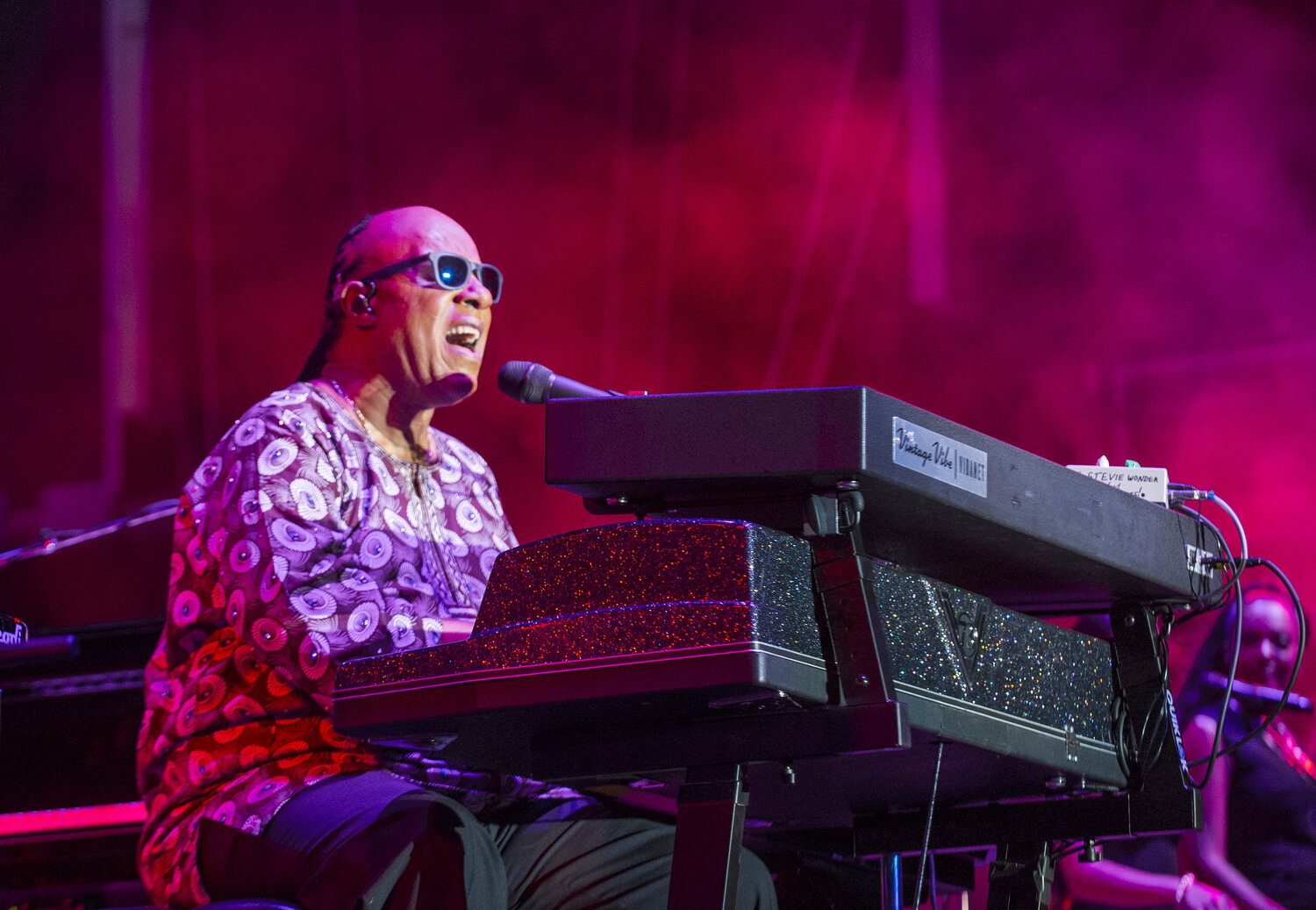
The month of June liberates students from high school academics in a solemn commencement march to strains of British composer Edward Elgar’s Pomp and Circumstance symphony. However, back in the day, after formal ceremonies, African-American graduates had our own music for graduation. We borrowed the finest automobiles in our extended family and weaved through the streets blasting our music. How appropriate. Music and motion go together. June marks graduation, but the month also high-fives Black music.
Given its popularity and influences, I might go as far as saying, African-American music frees all people to move. To dance through life. Specifically, music frees African Americans to handle their world.
It has always been so. Imagine enslaved Africans chained in a ship’s dark hold for a painful and mysterious Atlantic-ocean journey from Mother Africa to the Americas. Finding a common language in music, they found community in loss. The exhaustive “Norton Anthology of African American Literature,” edited by Professor Henry Louis Gates Jr., says, music was a powerful shield, “a psychic escape,” from the “steady theme: this world is not my home.”
Music gets us through good and, especially, hard times. The immense success, and appropriation, of African-American music may lead some people to think it’s all about the money. But, as English R&B singer Sam Smith sings, they do it for the love.
Aretha Franklin loved her music, and she never worried about the money. One time her sister was helping to straighten up Franklin’s home and found a royalty check for $20,000 on the floor under the coffee table. Reetie was not worried about getting paid. Her brother Cecil collected her concert fees, but after he died, Franklin collected her pay herself and carried it in her purse onto the concert stage. Her money was for taking care of people. When on the nightly news she saw people in trouble, she sent them a check. When Black Power activist Angela Davis was locked up in California, Aretha Franklin sent her bail money.
We African Americans live in a world that tortures us for love. We are brutalized in particular for romantic love. Consider Stevie Wonder and his hit song, “My Eyes Don’t Cry.”
This is a song deceptive in its treatment about suffering for love. First stanza lyrics roll out, “I was a lonely no one/ Living in the slums of love’s misery/ Starving from the lack of sweet affection/ Until you came and rescued me.”
But the moving chorus signals time to live: “My eyes don’t cry no more/ My heart don’t ache no more/ Since you walk through my door/ I don’t no longer have to be blue.”
Just as music can create a new grammar, “My Eyes Don’t Cry” instrumentals kick in with a bad-ass bassline that doesn’t sound like Africa, or English, or sorrow. It twists with electric hope. That’s the artistry of Stevie Wonder’s bass man, Nate Watts (who was engaged to my sister-in-law).
This is what he told our family about the supremely popular “My Eyes Don’t Cry.” He said he was tired of playing it.
Well, too bad, Nate, ‘cause people ain’t tired of hearing it. At every concert, on every stage in the world, even Wembley Stadium in England, people have been hollering for “My Eyes Don’t Cry” for 36 years, since its release on the 1987 “Characters” album (when albums were big, round black plastic). It’s their jam.
No concert, or party — graduation, birthday, wedding, family reunion — unfolds without “My Eyes Don’t Cry.” An audible icon, the song raises people to their feet. It inspires them to dance. It gets them hustling.
The Hustle is a dance. The Hustle is so tribal, it could be straight from an African village. Or off the gangplank as Africans chained at the ankles shuffle off. Or by the accused hobbling into a court of law. Or the convicted shambling on the side of the highway.
The Hustle came in with “My Eyes Don’t Cry.” It is the Black woman’s tribal line dance. No partner, no problem. The Hustle relieves at least one consequence of the wholesale prison lock-up of Black men. The Hustle brings joy, however temporary, to women whose lives mass incarceration blasted apart.
As a dance, the Hustle creates harmony and unity. All the dancers step left, and all step right, and then all move to and fro, dip, then turn and start all over again. Dancers try hard to get it right. They worry about doing it wrong, which is more than can be said about some Americans today.
With “My Eyes Don’t Cry,” Stevie Wonder created a national Black anthem. It is one of his two, counting “Happy Birthday,” the cake-and-candles tune birthed by the passage of the Martin Luther King Jr. Holiday.
Music is art. Art is a way of processing the world. By not forgetting their music, Africans enslaved in the Americas maintained their culture, then it evolved to dominate American culture. This is why President Jimmy Carter declared June as Black Music Month in 1979, and, five commanders-in-chief later, President Barack Obama renamed it African American Music Appreciation Month. (He graduated from Harvard University.) Both presidents held high the incredible fortune of the United States: Black American music.
Support City Pulse - Donate Today!
Comments
No comments on this item Please log in to comment by clicking here